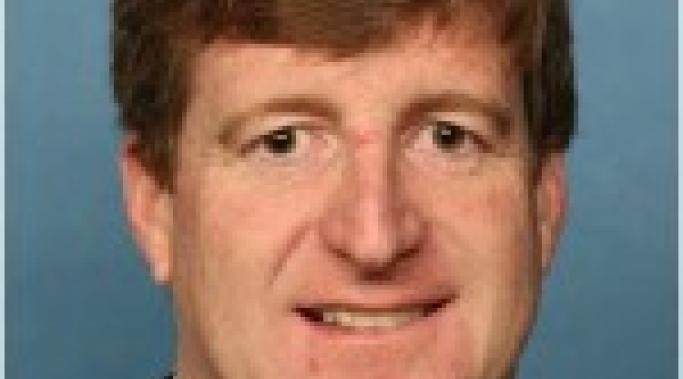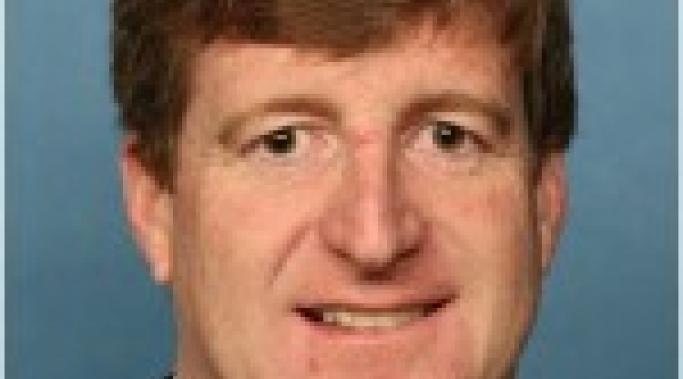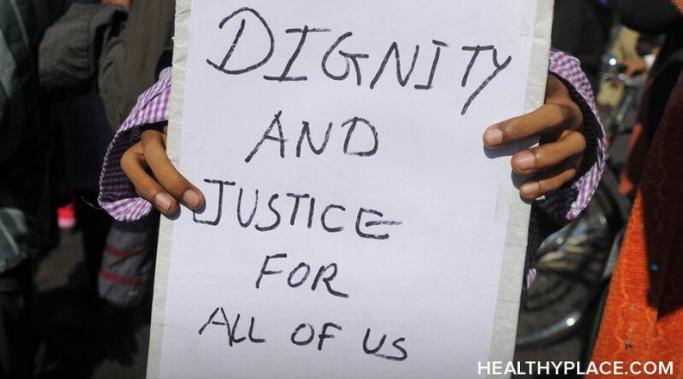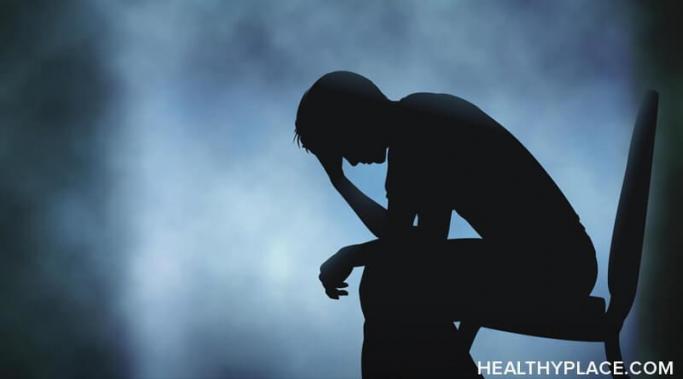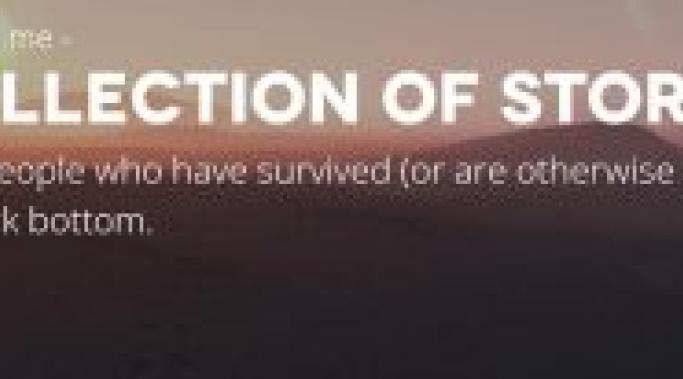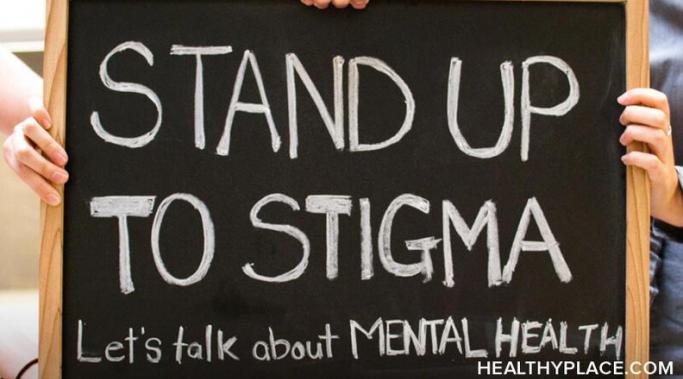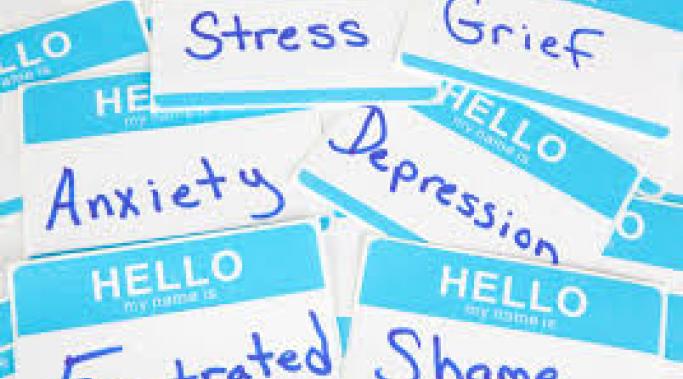In this two-part series, I speak with former Congressman Patrick Kennedy, D-RI, about mental health stigma and the work he and others are doing, not only to combat stigma, but to bring research into brain disorders and illnesses to the forefront. Kennedy is a co-founder of One Mind for Research, a group dedicated to brain disorder research. In this interview, Kennedy speaks about mental health stigma; the role his uncle, President John F. Kennedy played in bringing about treatment to local communities, and the role of post-tramatic stress in the "astronomical" suicide rate of today's veterans.
Surviving Mental Health Stigma
In this two-part series, I speak with former Congressman Patrick Kennedy, D-RI, about mental health stigma and the work he and others are doing, not only to combat stigma, but to bring research into brain disorders and illnesses to the forefront. Kennedy is a co-founder of One Mind for Research, a group dedicated to brain disorder research. In this interview, Kennedy speaks about mental health stigma; the role his uncle, President John F. Kennedy played in bringing about treatment to local communities, and the role of post-tramatic stress in the "astronomical" suicide rate of today's veterans.
I think we often forget just how much of our understanding of mental illness comes directly from the media. Think about your thoughts on Electroconvulsive therapy (ECT) for a minute. How much are your opinions distorted by the horrendous image of R.P. McMurphy getting shocked senseless in One Flew Over the Cuckoo's Nest?
In 1982, I attempted suicide after a failed relationship and ensuing depression. I was taken to the emergency room and made to swallow syrup of Ipecac. After a night of throwing up and crying, I was told that I needed to see a psychiatrist.
I was only 16, and I hated the thought that I was different.
That feeling has never left me.
Over the past year and a half, I’ve been talking about things we can all do to instigate change in the realm of mental health stigma. One unifying theme that I keep mentioning is the need for people to come out of the metaphorical closet and share their stories. But it isn’t always that easy.
I chose the rather unorthodox method of writing and publishing my memoir. But that’s a little extreme. We don’t all have to write books in order to combat mental health stigma.
Have you thought about the words use that keep mental health stigma alive and well? I recently got into a rather heated debate with a mental health writer about her choice of words. Specifically, I felt uneasy by her use of the phrase "these people." I'm not sure why this phrase triggered feelings of separateness in me; in the scheme of things, it is not the most offense phrase in the English lexicon.
Then it clicked. Historically, words have been used to separate and disfranchise people with mental illnesses. Words have power, and the use of words carelessly promotes stigma and the viewpoint that "these people" are scary, dangerous, and to be avoided.
In a recent column for the Calgary Herald, writer Licia Corbella states that she believes Glee star Cory Monteith would still be alive today if it wasn't for Vancouver's safe injection site, Insite.
As a professional who works with people struggling from addiction from both a harm reduction and an abstinence model, I barely even know where to begin with addressing how wrong and distorted her views are.
Ms. Corbella's views can be read right here.
I thought I was done with writing about eating disorders.
I developed and started writing HealthyPlace's Surviving ED blog in 2010. Readers saw me through several relapses, struggles and many tears, and the everyday ups and downs of recovering from an eating disorder.
In December 2012, I wrote a highly optimistic good-bye post, declaring that I had found my dream job and wishing everyone well. I was done, done with anorexia and writing about it. I was moving on, to a bright and endless future.
First I found out the job wasn't such a dream after all.
Today I found out I am overweight and need to lose some pounds, putting me on par with the majority of Americans.
I can't believe it.
Since I started writing this blog over a year ago, I’ve noticed that I get more and more questions regarding my plans on how to end mental health stigma in my life (What Is Stigma?). Of course, I am honored to receive these questions, but I do not by any means consider myself an expert on the matter. But, here it goes anyway. You can be the judge as to whether I am an expert or not.
The American Medical Association has named a new disease.
Obesity.
